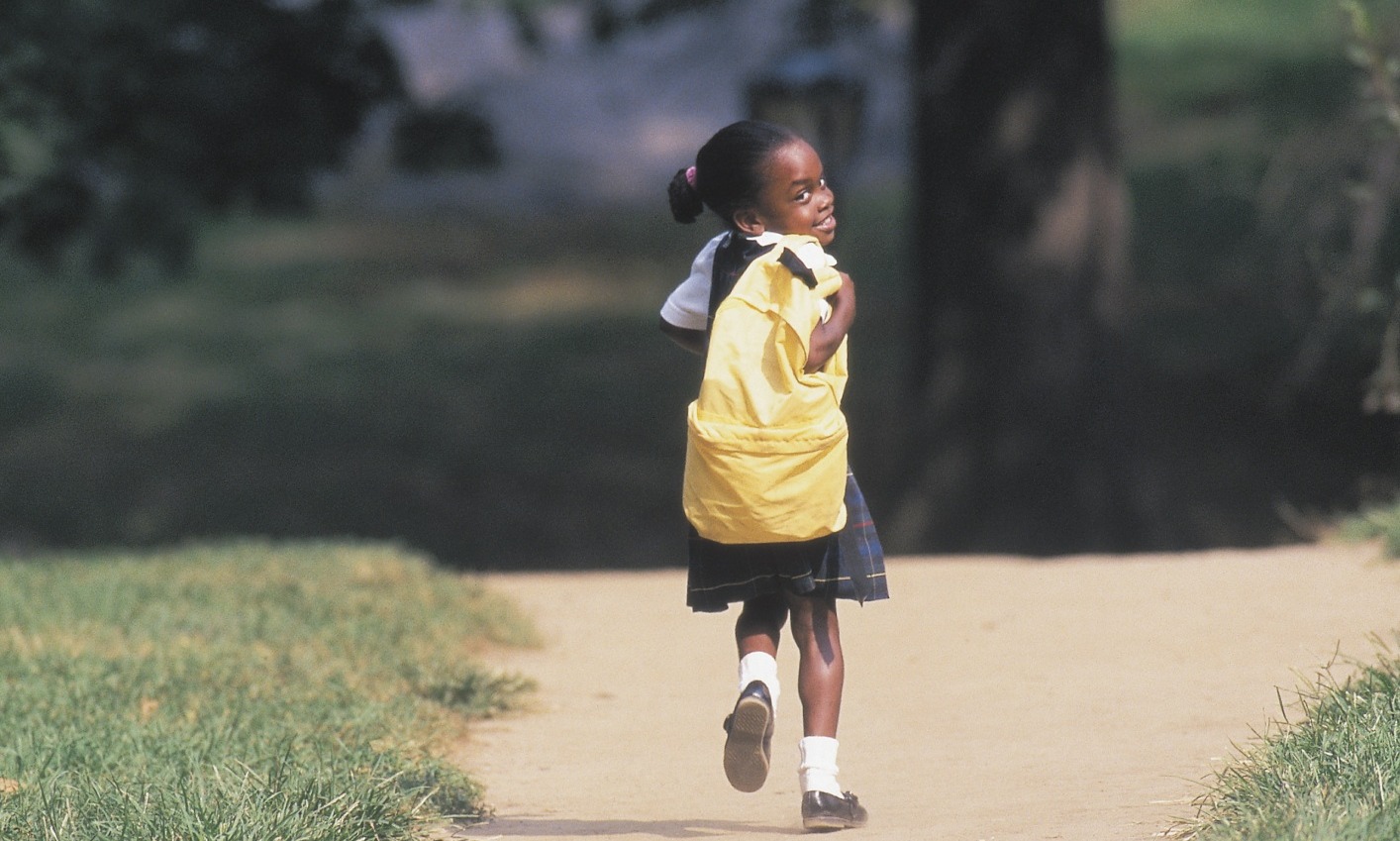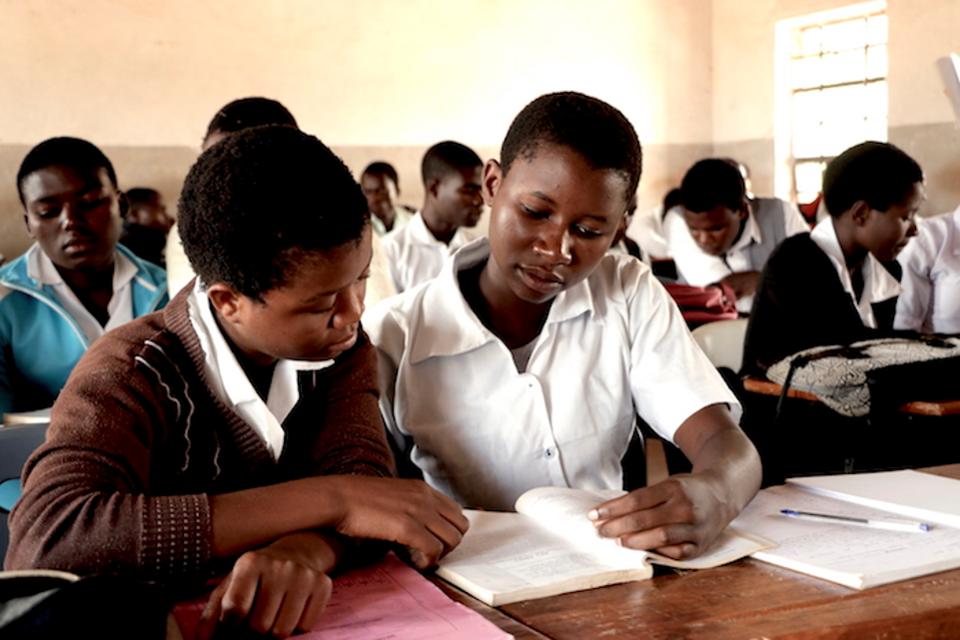FGM, which involves the partial or total removal of external genitalia, became illegal in Uganda in 2010 but continues in secret
Gertrude had barely hit puberty when her father agreed to marry her to an older man in exchange for 30 cows so she did something unusual in her Ugandan tribe – she ran away to school.

An aunt came after her and convinced her to return home but the 12-year-old was beaten and locked in a hut for three days by the rejected husband so she escaped and fled again, taking refuge in a school in Uganda’s northeastern Karamoja region.
“I’m very scared, I cannot even go out of this place,” Gertrude, whose name has been changed for her safety, told the Thomson Reuters Foundation, while sitting in a schoolyard in Amudat.
Gertrude is one of about 12 girls living in government-sponsored and church-funded Kalas Primary School to escape child marriage or female genital mutilation (FGM).
It’s one of three schools in Karamoja designated by district officials to act as havens for girls fleeing child marriage and wanting an education, according to the United Nations Population Fund (UNFPA), which works in the region.
FGM, which involves the partial or total removal of external genitalia, became illegal in Uganda in 2010 but continues in secret, according to officials and police.
It is performed on as many as 95 percent of girls from the ethnic Pokot tribe to which Gertrude belongs, according to UNFPA.
Once girls have been cut, they’re deemed ready for marriage and taken out of school – but FGM causes health problems and can be fatal.
The Karamoja region is one of the poorest in the east African nation. More than 90 percent of people are illiterate, according to the Uganda Bureau of Statistics.
Aid workers and villagers told the Thomson Reuters Foundation that many families would rather their daughters care for animals and help with housework until they marry than go to school.
PROTECT THE GIRLS
Sister Magdalene Nantongo, headmistress of Kalas Girls Primary School, is working with the police to ensure girls who come to her are protected from families trying to get them back.
“They’re on tight security,” Nantongo said, gesturing to the high fencing surrounding the school, a rarity in this part of Uganda because of its cost.
The school also has a permanent watchman, and teachers will call the police if they perceive any threats to students.
Of the school’s 600 students, about a dozen are afraid to go home, although that number fluctuates, said Nantongo who has worked at the school for six years. One has been living in the school for six years.
Irene, a smiling teenager wearing a green, flowery skirt and yellow rosary beads, was due to be a fifth wife. She escaped at night about a month ago and walked throughout the night to reach the school which she had heard about from other girls.
“I want to learn,” she said, although she worries her family will struggle without someone to carry out her housework.
The girls, all of whose names have been changed for their safety, said they dream of being nuns, teachers, and nurses and don’t want their futures curtailed by being married so young.
For although primary and lower level secondary education is free in Uganda, enrolment and completion rates in the Karamoja region are lower than the rest of the country.
Of more than 23,000 girls aged between six and 12 registered with Karamoja’s Moroto district, less than a quarter were in school as of July 2015, according to data from the district’s education office. This compares with 86 percent nationally, according to the Education Policy Data Center.
Only 13 percent of girls completed primary education versus more than 40 percent nationally.
Close to the Kadam Mountains, where many Pokots live, another school with less resources struggles to keep girls safe.
Nasimyu Mwanamis, the headteacher of Katabok Primary School, said without a fence there’s no way she can protect female students from families who want to illegally cut or marry them.
“Fence the school so we can keep the remaining ones,” she said. “By fifth class you won’t see any girl. They fall victim to FGM, early marriages.”
Between November and January there were 77 cases of FGM recorded on the nearby mountain but no prosecutions, according to Apollo Bakan James, director of Vision Care Foundation, which works with Pokot communities to raise awareness about FGM.
Back in Kalas Primary School, Nantongo has stuck up signs with messages like “virginity is healthy”, “success goes with time”, and “say no to sex”.
Nantongo said new girls struggle to fit in as it is the first time in a school setting for most of them but she’s hopeful they will adapt quickly as they are keen to learn.
“They fear, they become shy, but some are doing well,” she said.

